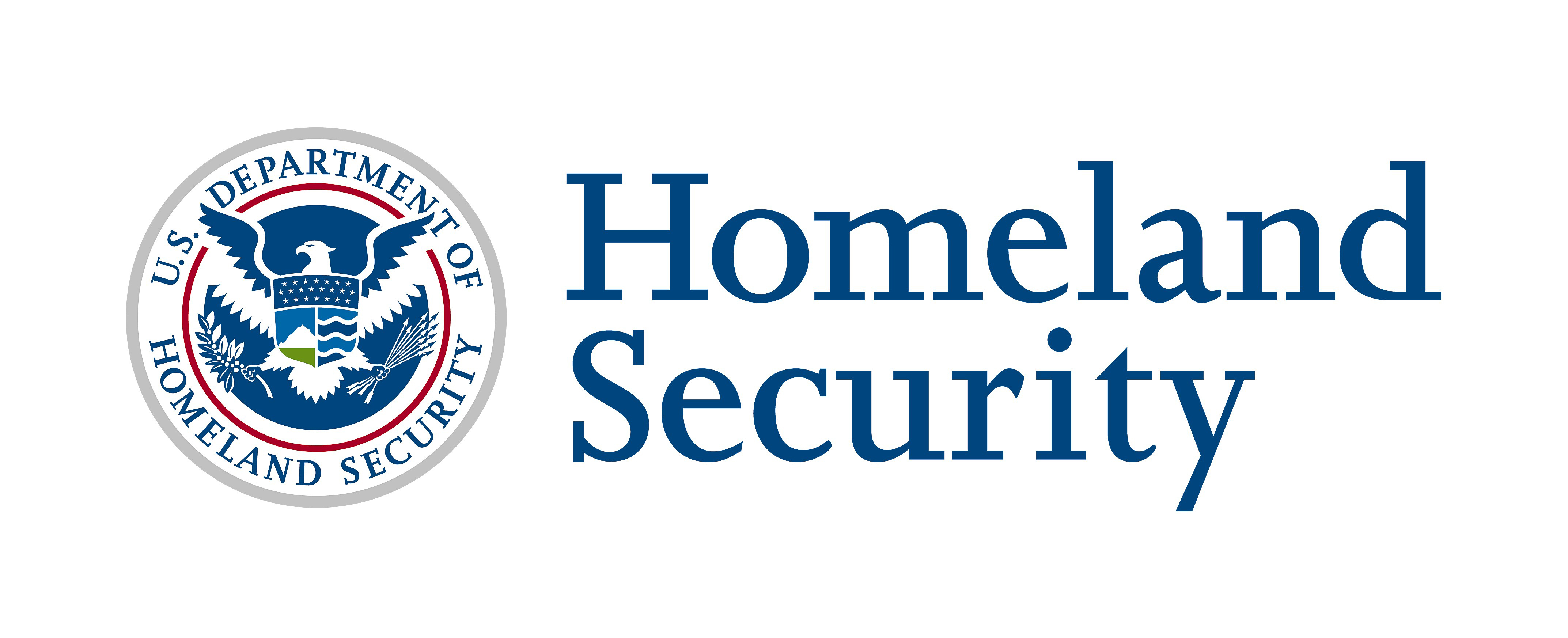
As humans, we all have basic needs that must be met in order to survive and thrive. Access to these fundamental necessities is essential for maintaining a decent standard of living, promoting overall well-being, and empowering individuals to reach their full potential. In this article, we will delve into the concept of ACCESS and explore its significance in ensuring that everyone has the opportunity to fulfill their basic needs.
What are Basic Needs?
Basic needs refer to the essential requirements that humans need to survive and function properly. These needs include:
Food and water
Shelter and clothing
Healthcare and sanitation
Education and personal development
Safety and security
These fundamental needs are universal and apply to everyone, regardless of their background, culture, or socioeconomic status. Meeting these basic needs is crucial for maintaining physical and mental health, as well as promoting social and economic well-being.
What is ACCESS?
ACCESS refers to the ability to obtain or utilize something, in this case, the basic needs mentioned above. It encompasses the availability, affordability, and accessibility of these essential resources. In other words, ACCESS is about creating opportunities for individuals to access the necessities they need to thrive.
Barriers to ACCESS
Despite the importance of ACCESS, many individuals face barriers that prevent them from meeting their basic needs. Some of these barriers include:
Poverty and financial constraints
Geographical location and remote access
Social and cultural discrimination
Lack of infrastructure and resources
Conflict and political instability
These barriers can have a significant impact on an individual's quality of life, limiting their ability to access essential services, education, and economic opportunities.
Why is ACCESS Important?
ACCESS is essential for several reasons:
Promotes equality and social justice: By ensuring that everyone has access to basic needs, we can reduce inequality and promote social justice.
Improves health and well-being: Meeting basic needs is crucial for maintaining physical and mental health, reducing the risk of diseases and improving overall well-being.
Supports economic growth and development: ACCESS to education, healthcare, and other essential services can empower individuals to contribute to their communities and economies.
Enhances human dignity and potential: By providing individuals with the opportunity to meet their basic needs, we can promote human dignity and unlock their full potential.
In conclusion, ACCESS to basic needs is a fundamental human right that is essential for maintaining a decent standard of living, promoting overall well-being, and empowering individuals to reach their full potential. By understanding the barriers to ACCESS and working to address them, we can create a more equitable and just society where everyone has the opportunity to thrive. As individuals, organizations, and governments, we must prioritize ACCESS and work together to ensure that everyone has the chance to meet their basic needs and unlock their human potential.
By doing so, we can create a brighter future for all, where everyone has the opportunity to live a healthy, happy, and fulfilling life.
Note: This article is optimized for search engines with relevant keywords, meta descriptions, and header tags to improve its visibility and ranking.









